
The proceeds from the transaction will be used to refinance the import of steel scrap, which is considered an important contributor to the development of Vietnam’s circular economy. The use of steel scrap will contribute to reducing emissions from the steel industry and reducing resource consumption. According to an energy study, every ton of scrap used in steel production helps prevent 1.6 tons of carbon emissions, saves 350 kg of coal and 1.7 tons of clean water.
Recently, BIDV and MUFG also officially signed an agreement to expand the credit limit framework applicable to TTTM transactions, adding a Green component to take advantage of the TTTM limit that MUFG gives BIDV. The content of the agreement is built on the basis of BIDV's Sustainable Loan Framework - a document describing activities and guidelines for implementing green loans according to international practices.
“As a leading financial institution, we understand the profound impacts of our investment decisions on the economy and the environment. We are committed to investing in initiatives that not only boost local economies but also help accelerate the transition to a low-carbon future,” said Frederic Cabay, Managing Director and Co-Head of Global Financial Institutions, MUFG.
Ms. Pham Thi Ngoc Anh, Director of BIDV Financial Institutions Department said: "As one of the leading commercial banks in Vietnam, BIDV always recognizes its pioneering role and is committed to accompanying the Government in implementing emission reduction targets. Identifying promoting green credit as one of the top priorities, BIDV focuses on green finance cooperation with leading financial institutions such as MUFG to deploy preferential green capital in Vietnam".
BIDV and MUFG will continue to closely coordinate to deploy more green commercial loans in the coming time, contributing to promoting positive impacts on the ecological environment, reducing emissions, and combating climate change in Vietnam.
BIDV








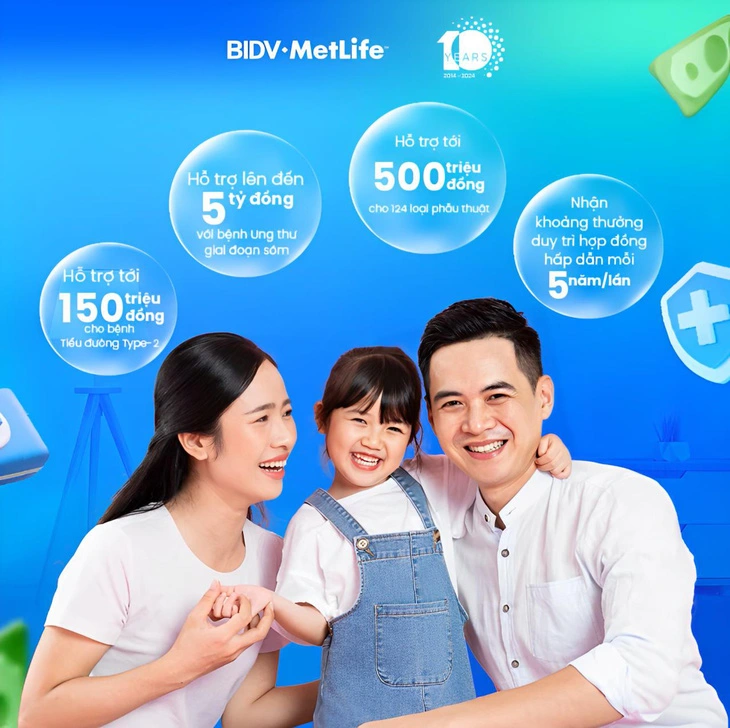


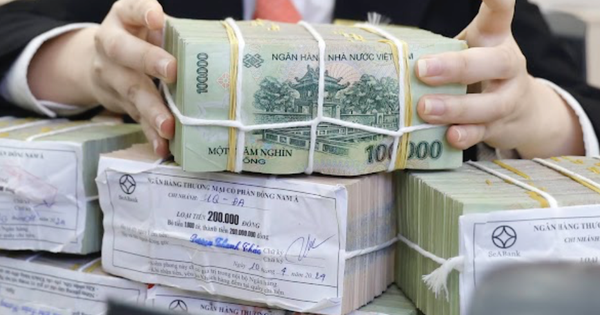

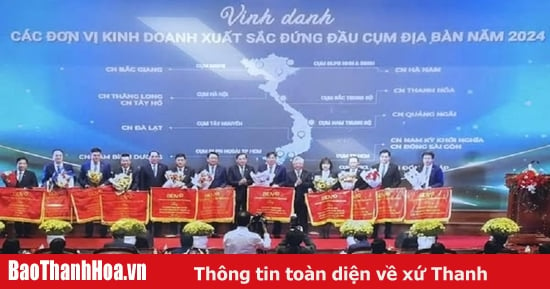

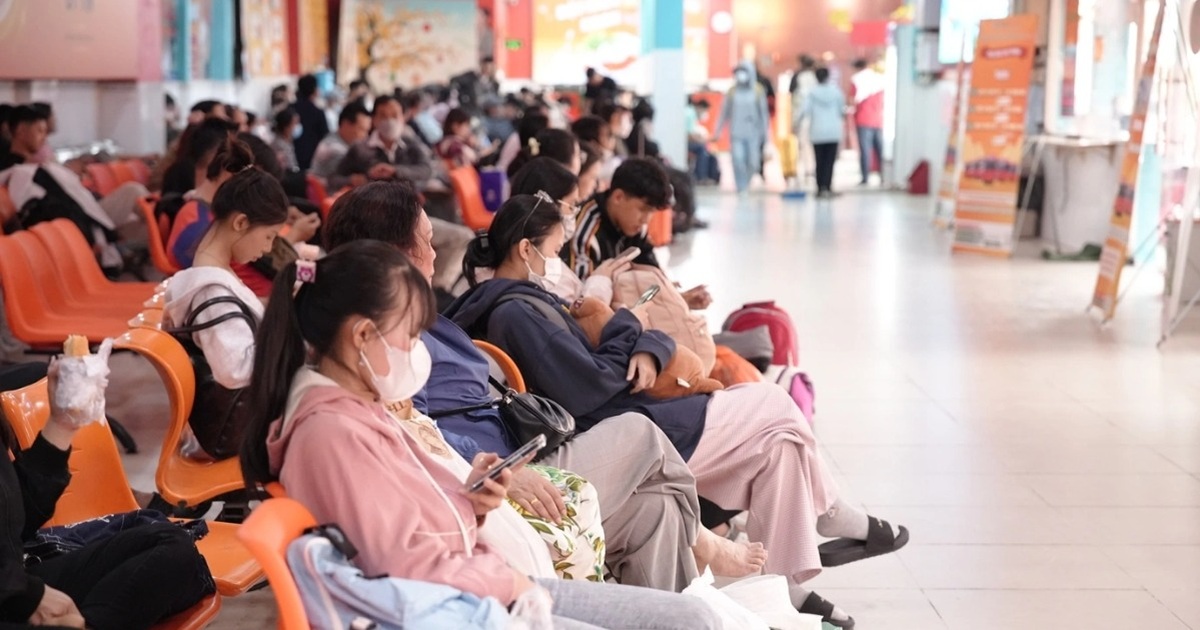

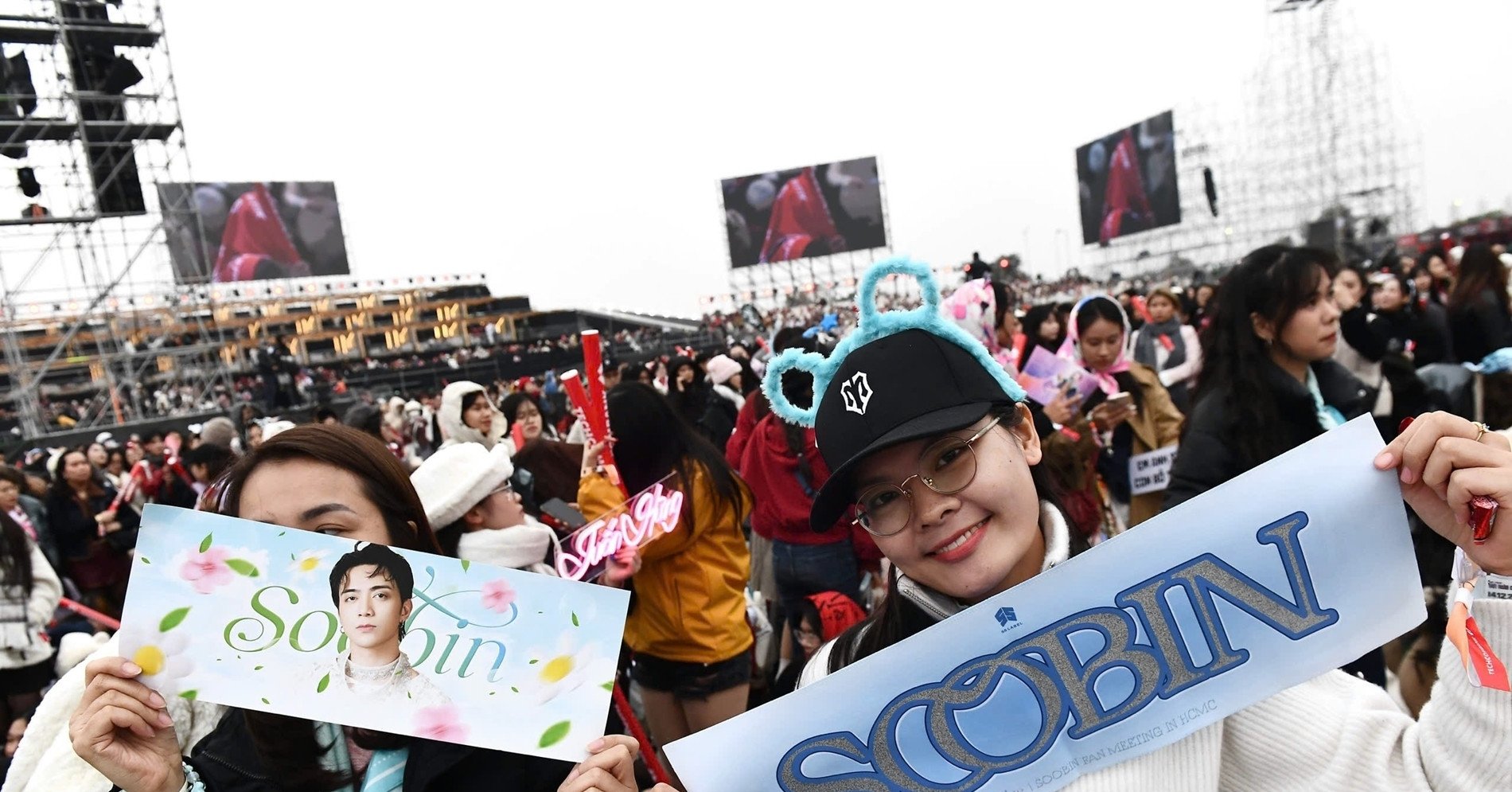



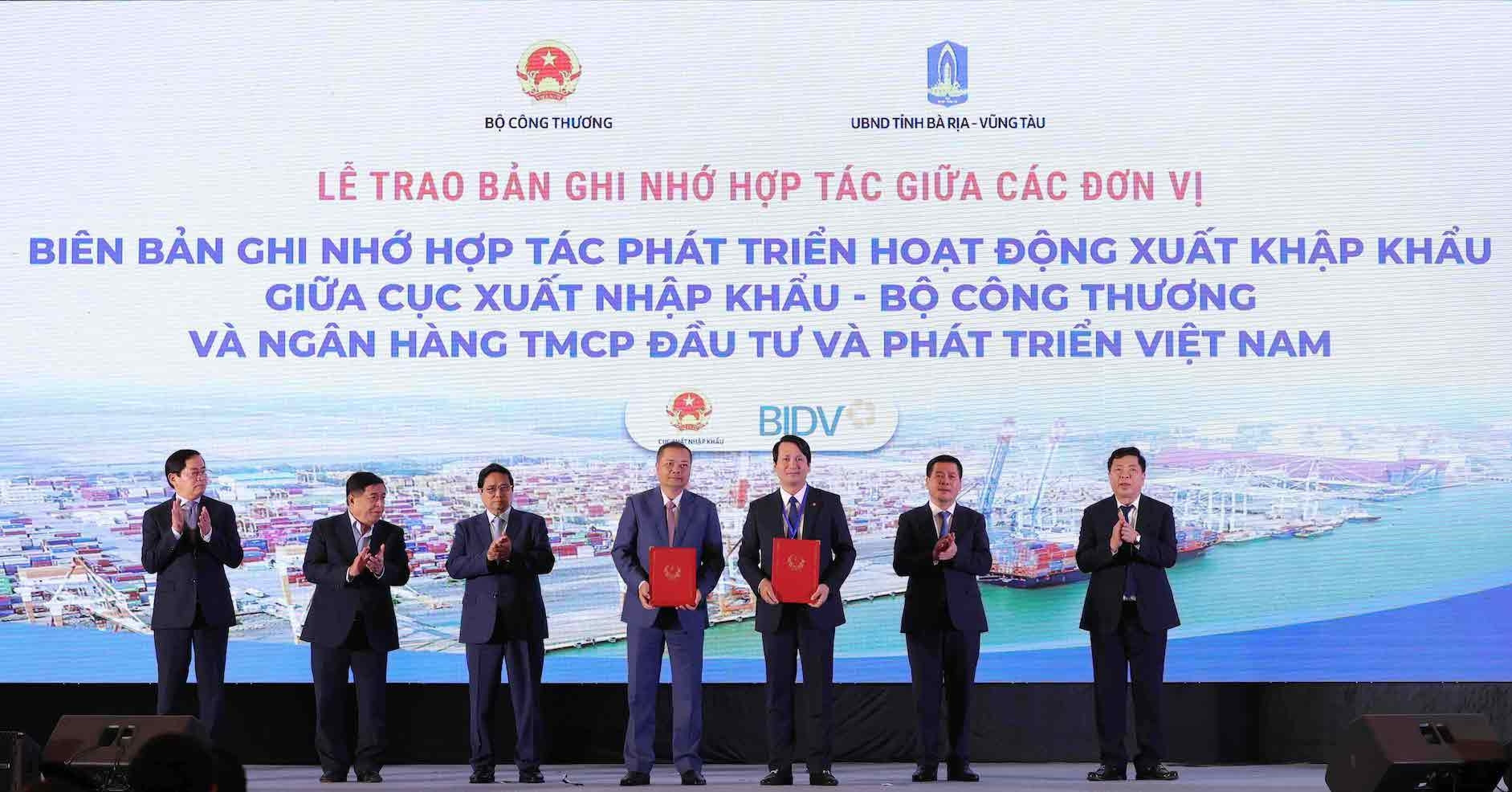
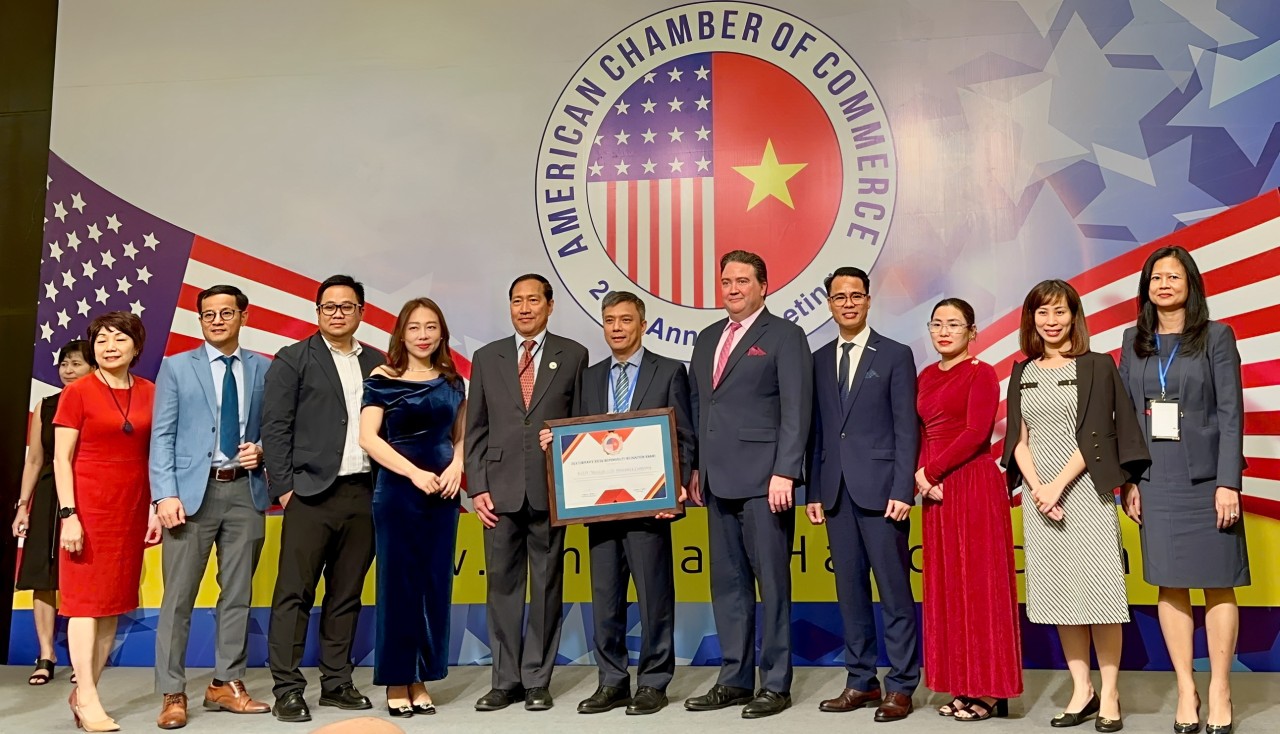

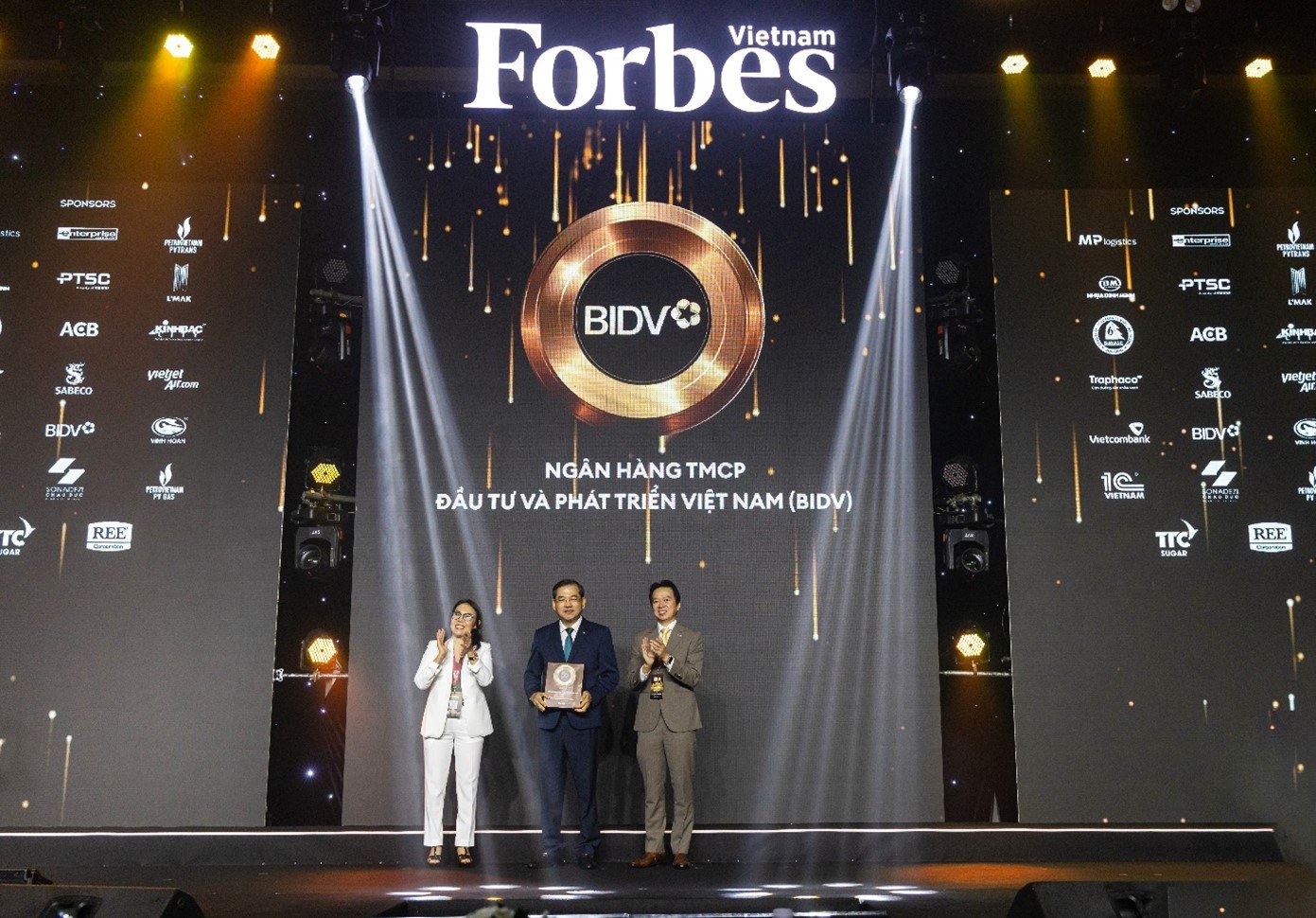

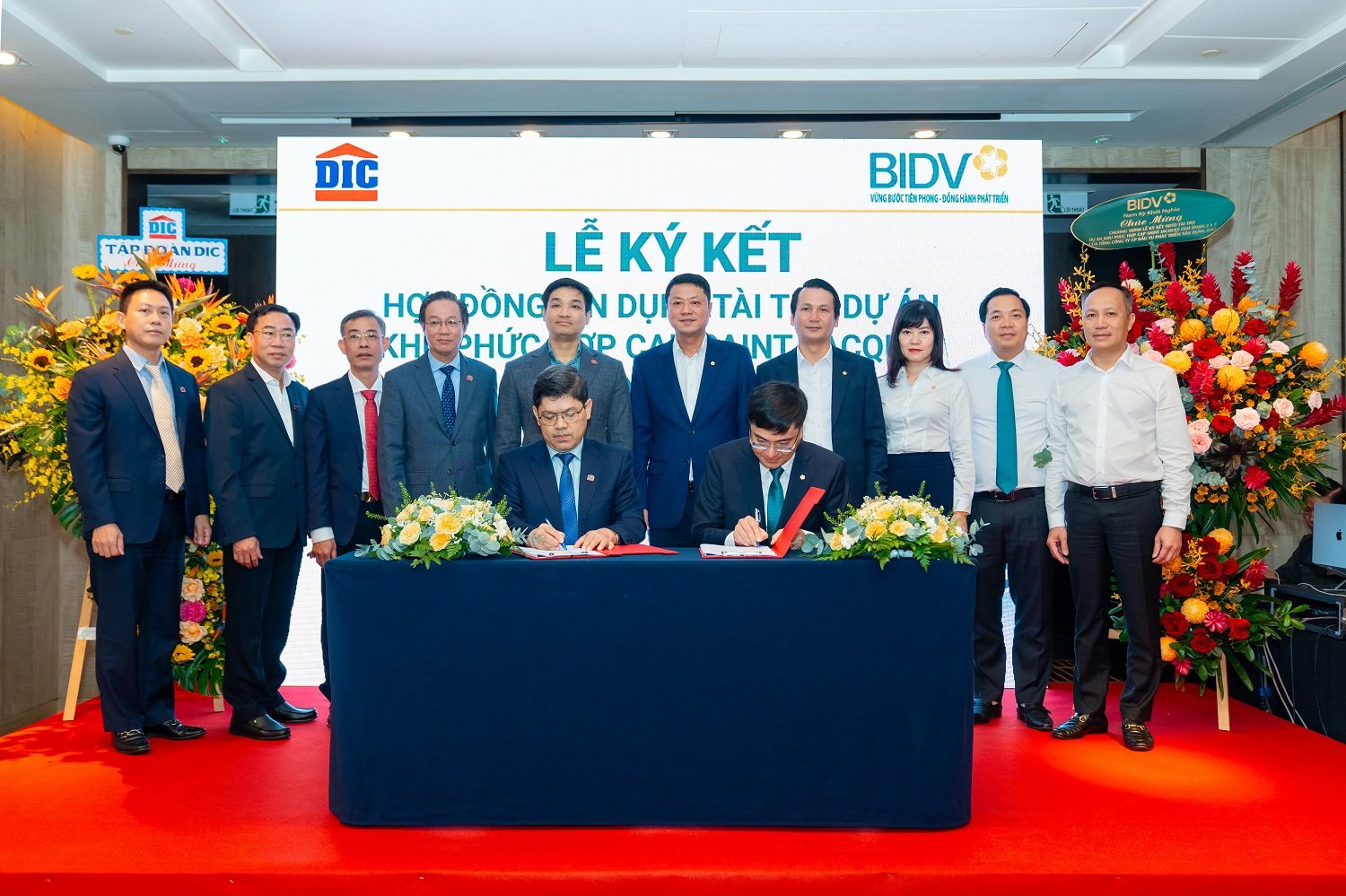
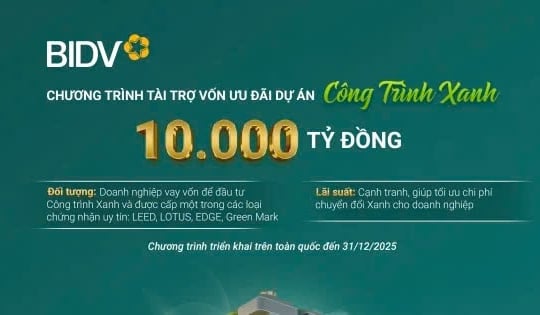

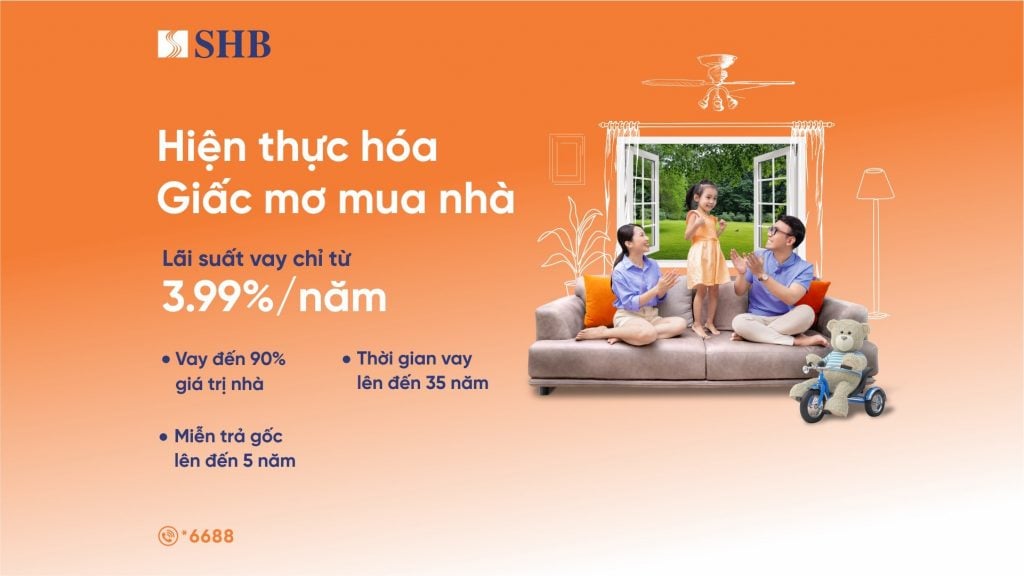
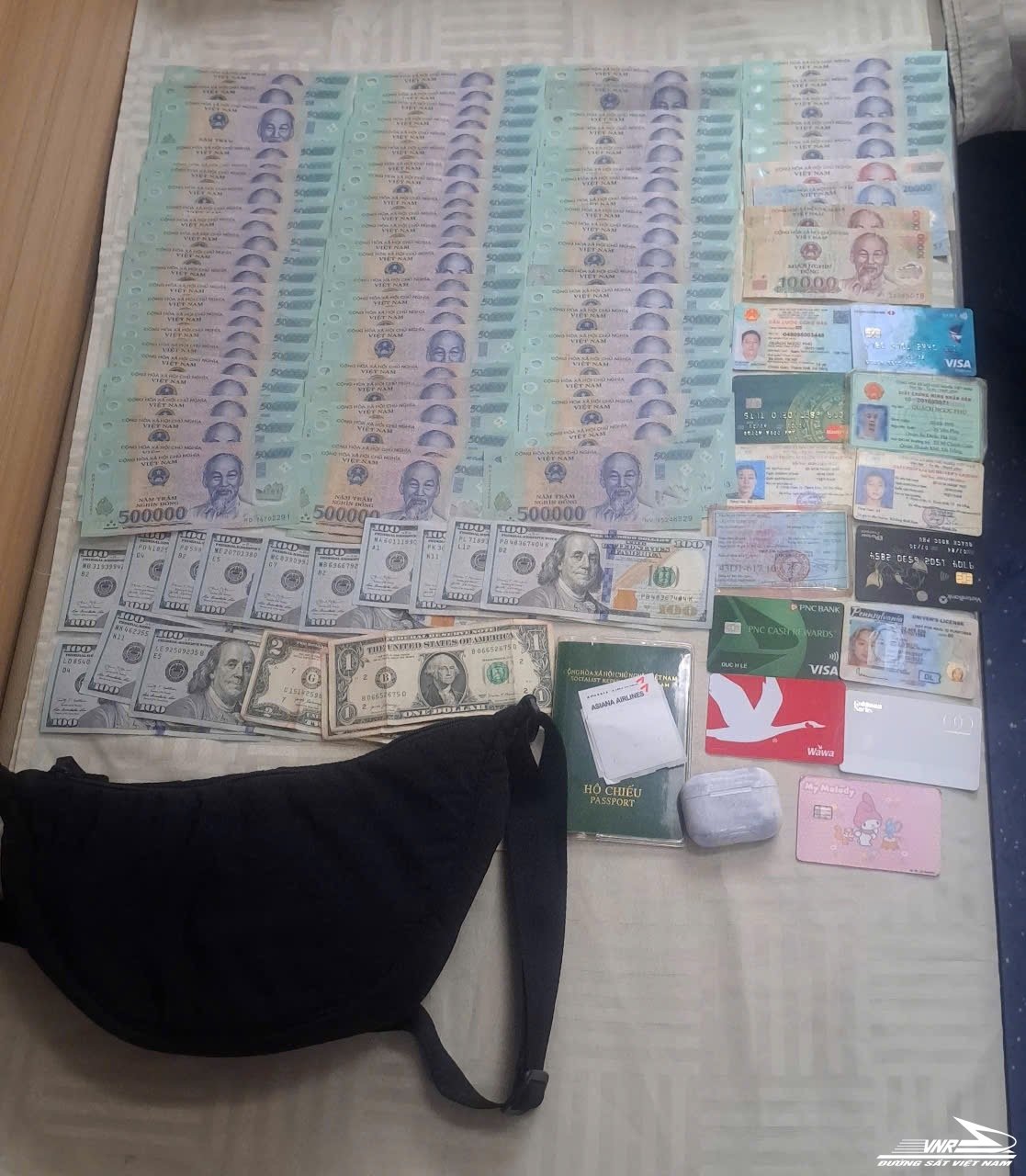
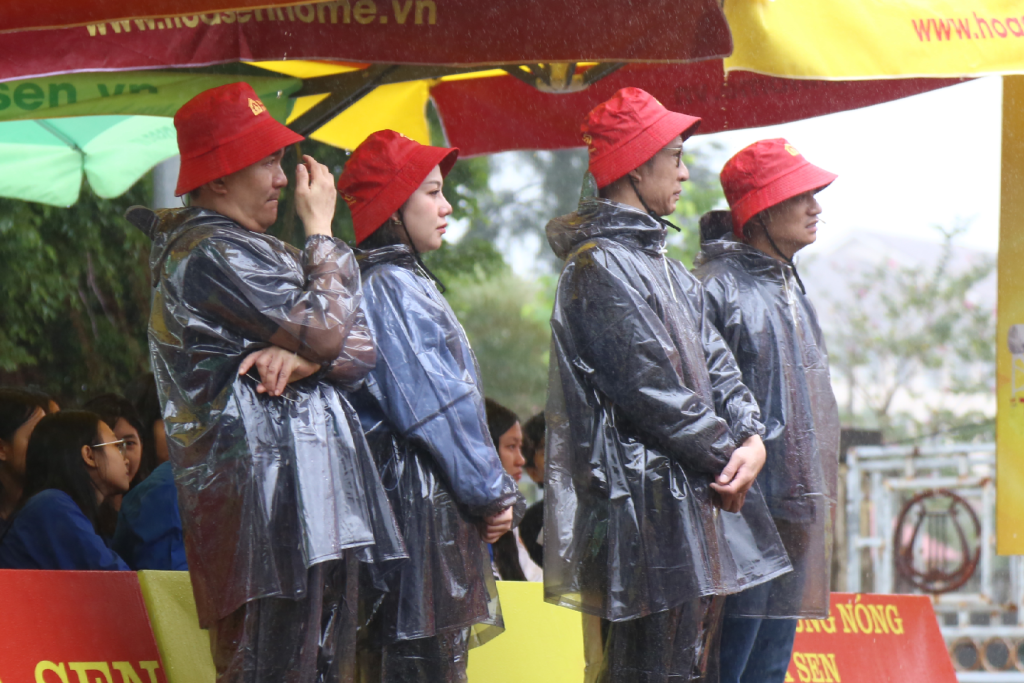
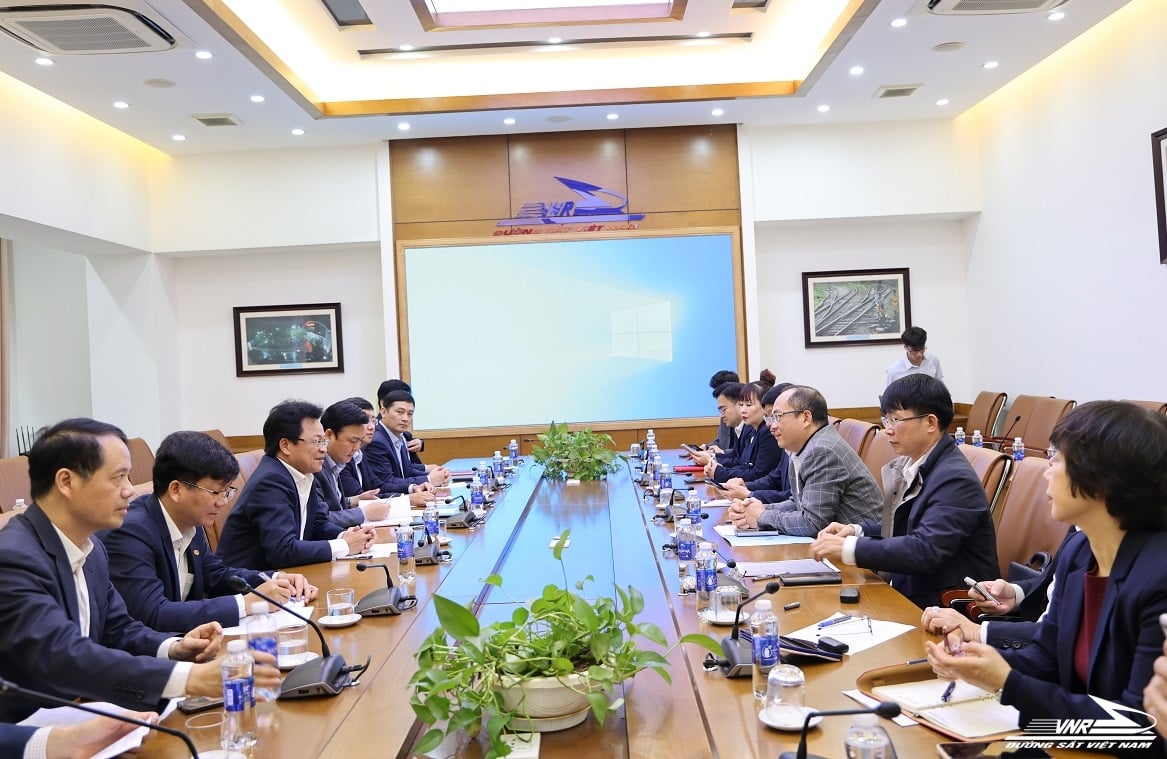
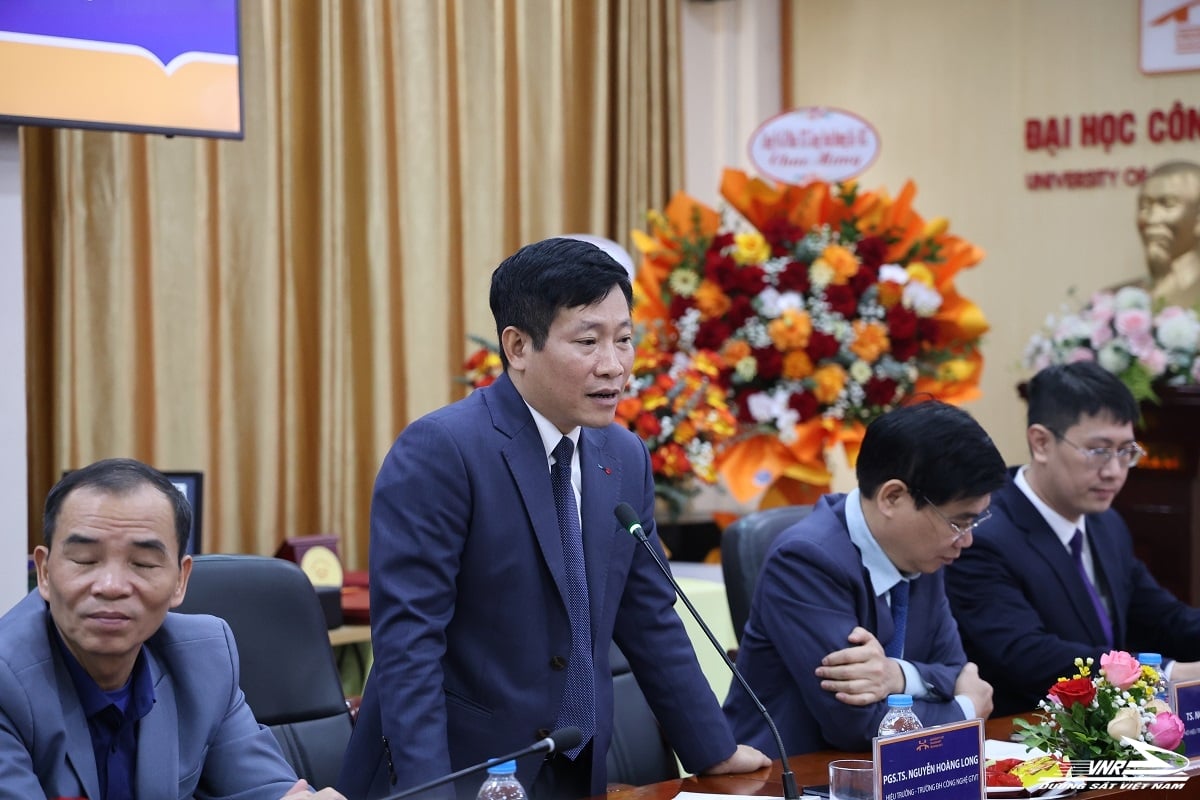








![[Photo] Prime Minister Pham Minh Chinh chairs Government Conference with localities on economic growth](https://vstatic.vietnam.vn/vietnam/resource/IMAGE/2025/2/21/f34583484f2643a2a2b72168a0d64baa)










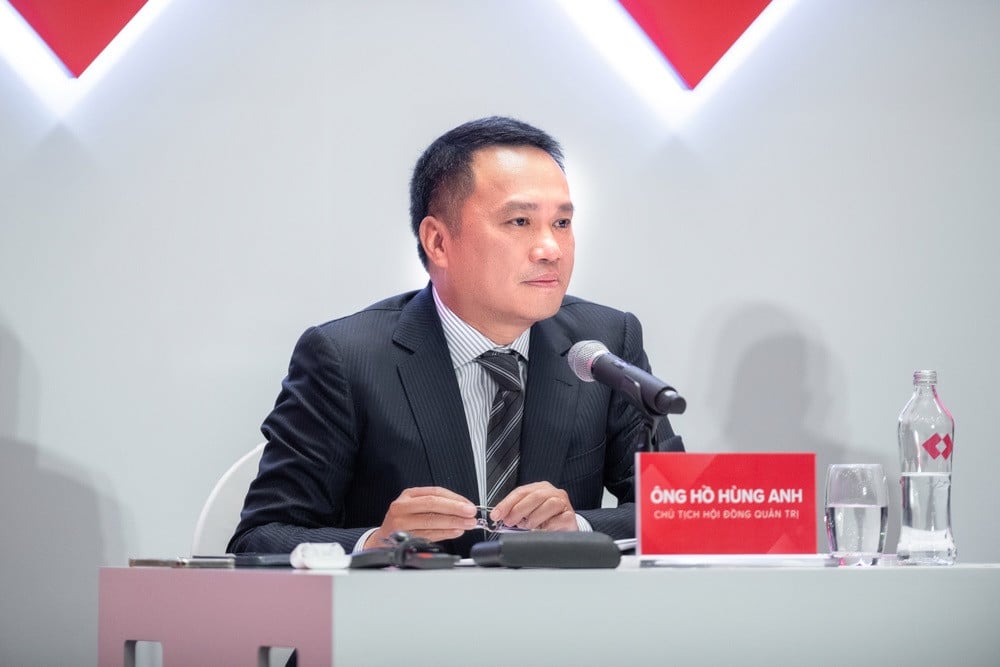
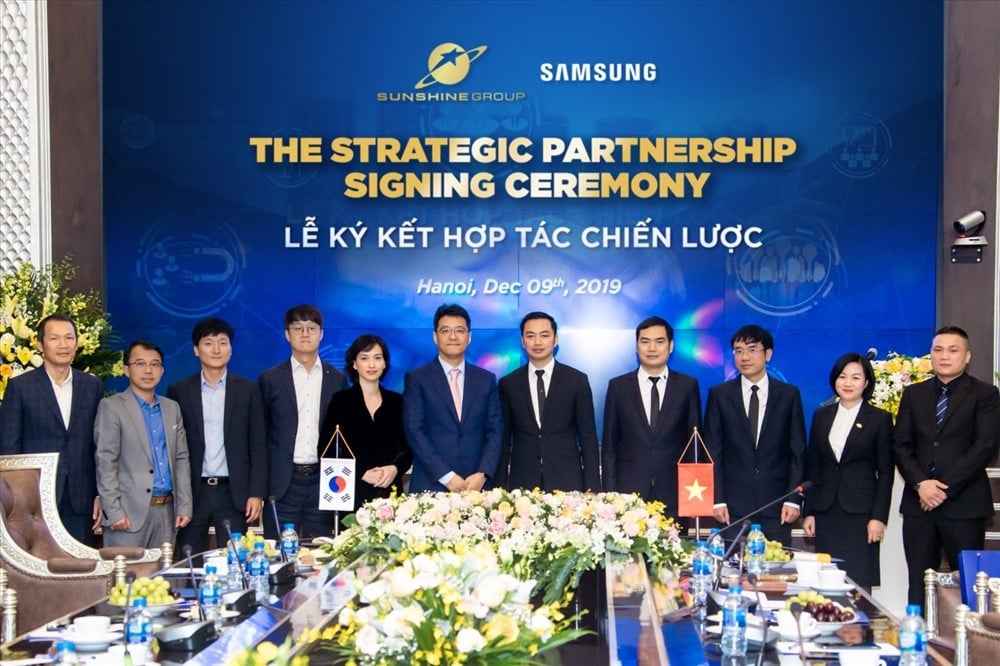

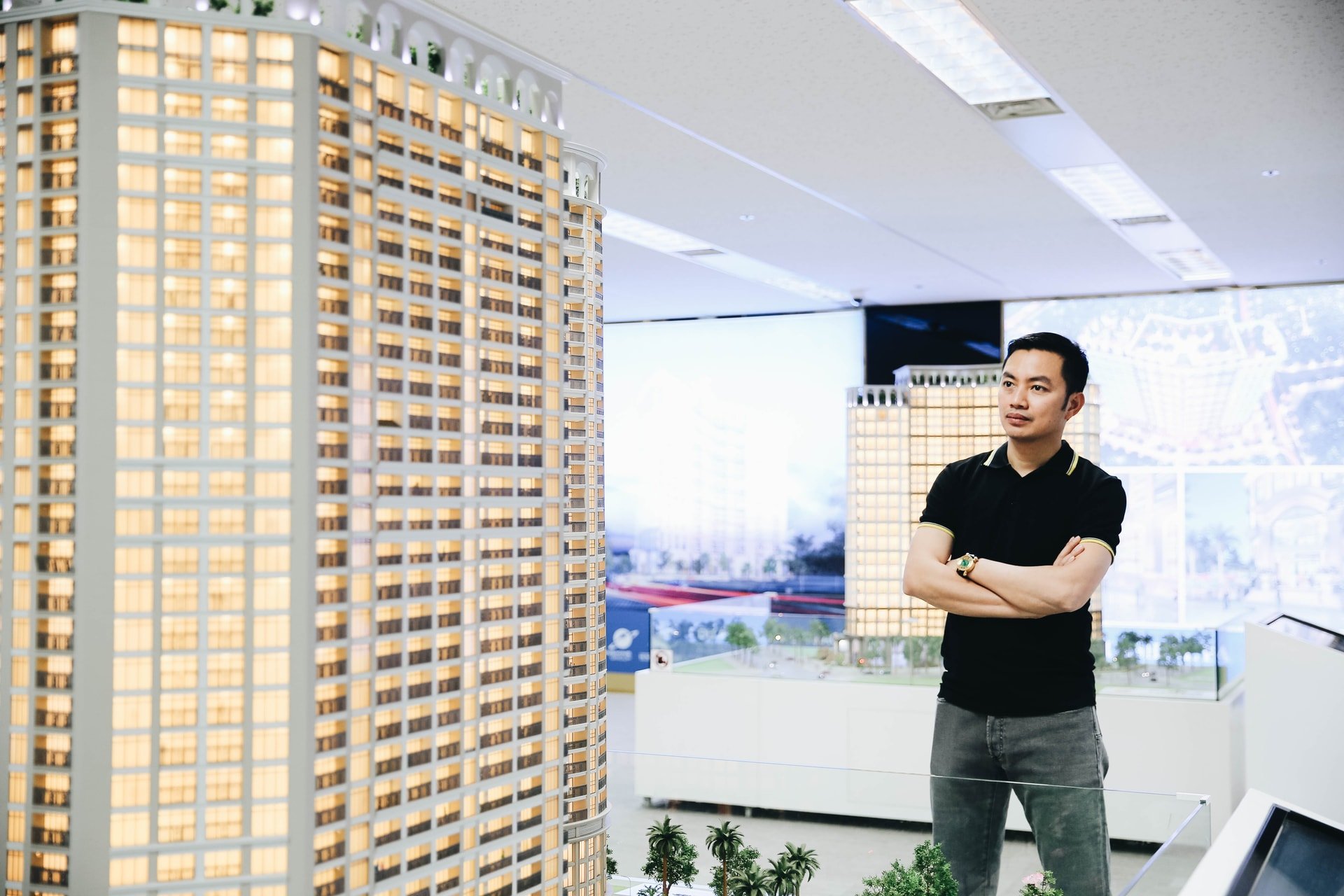

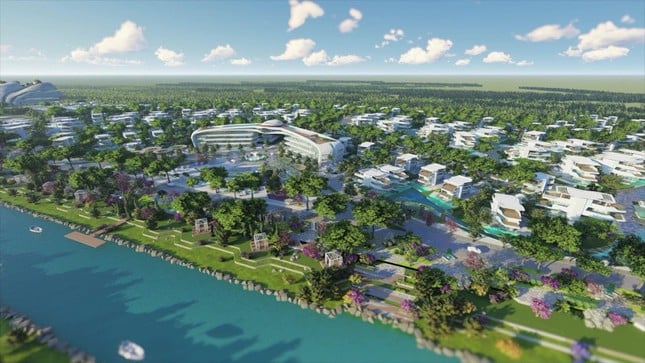
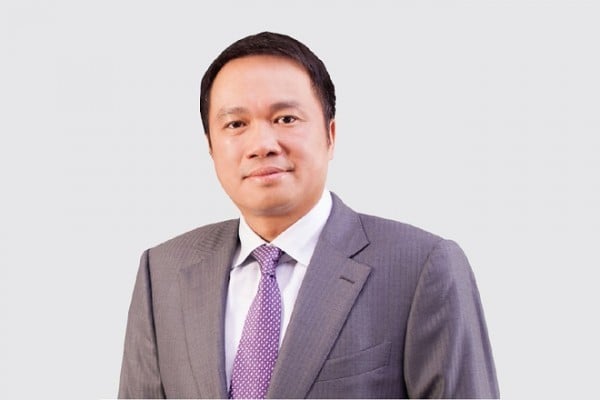

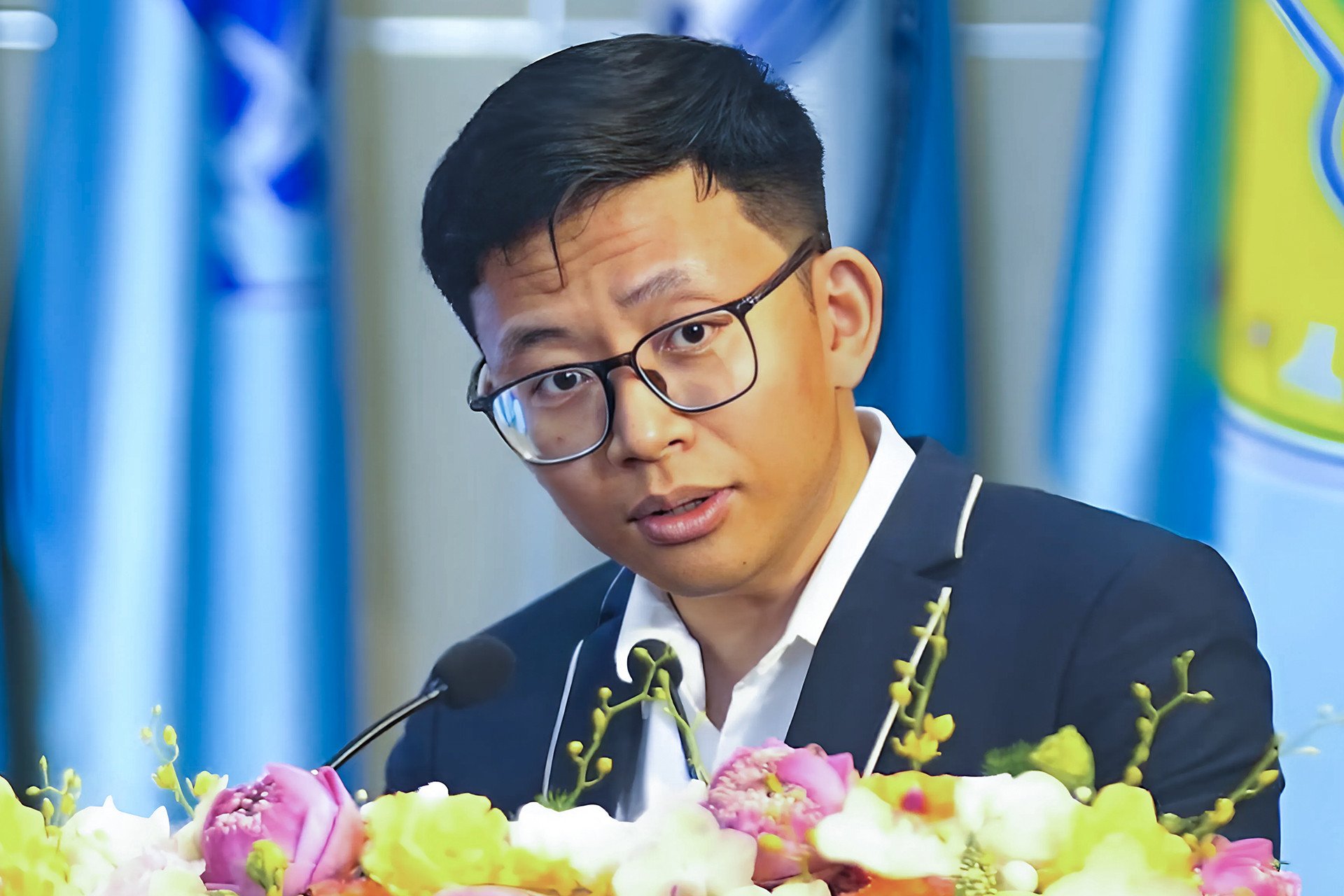






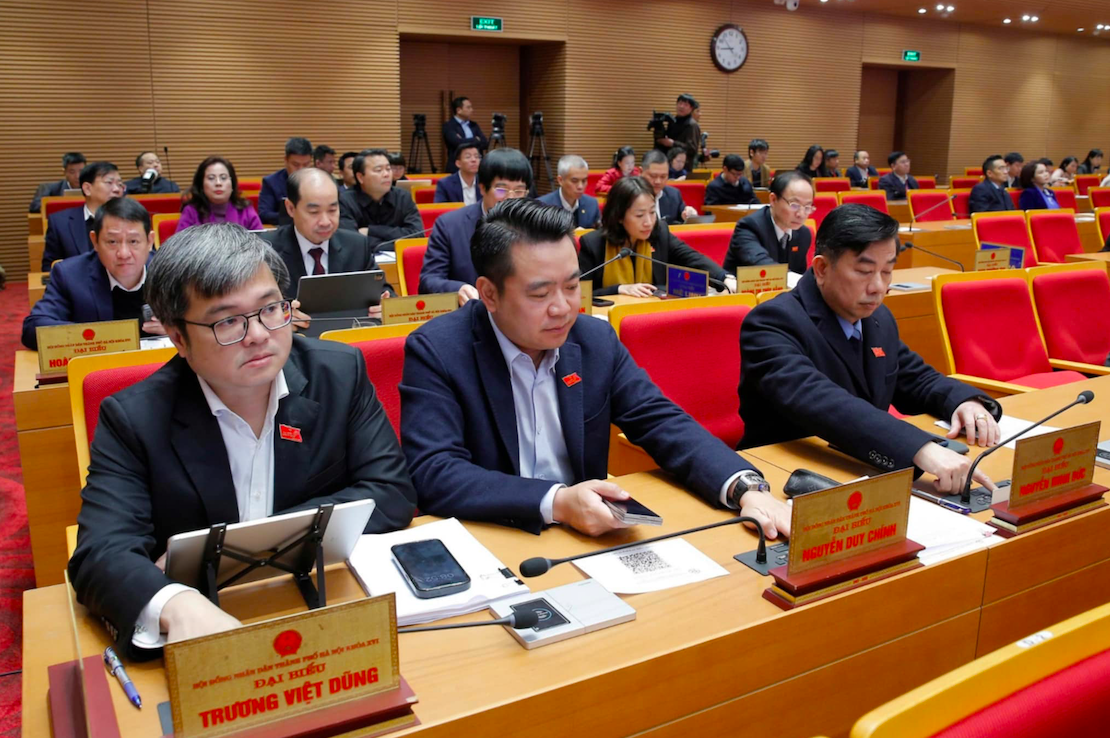
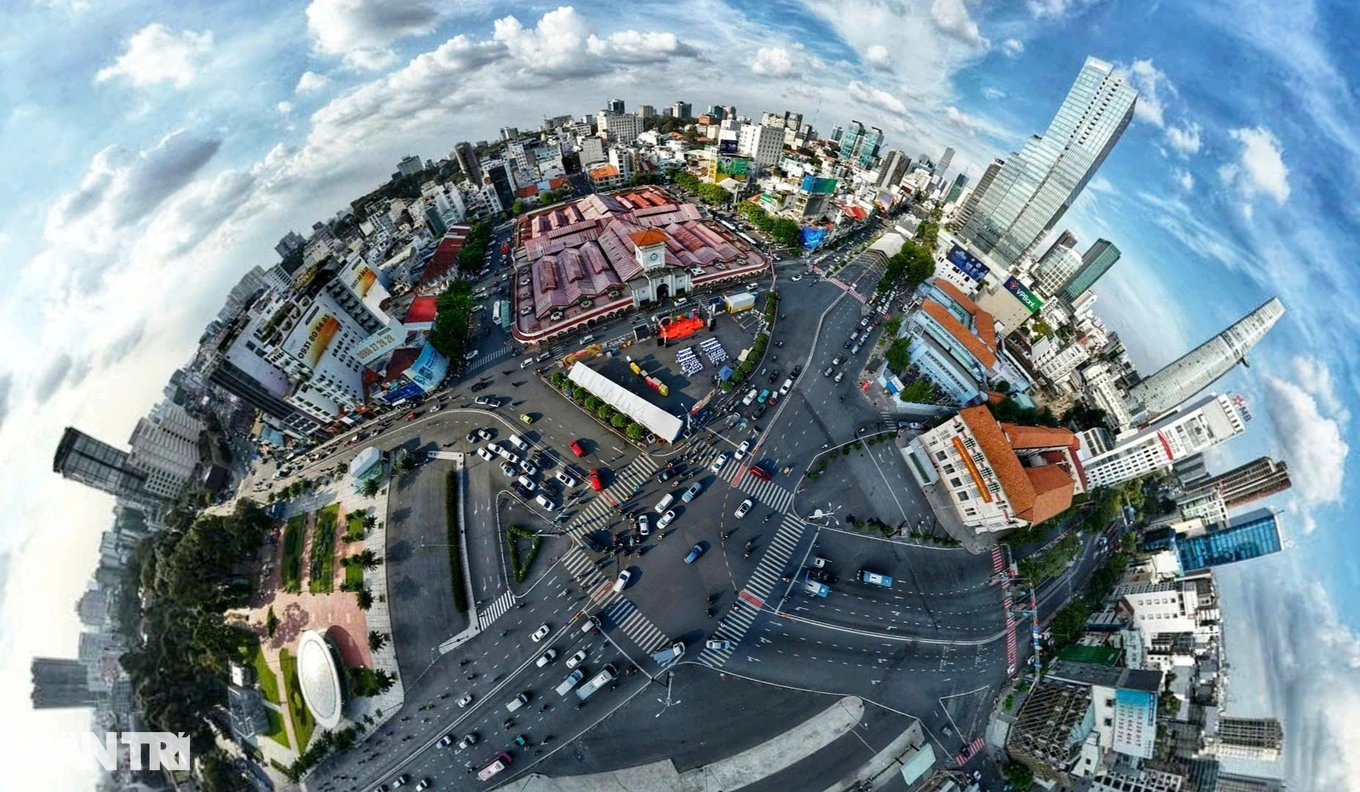
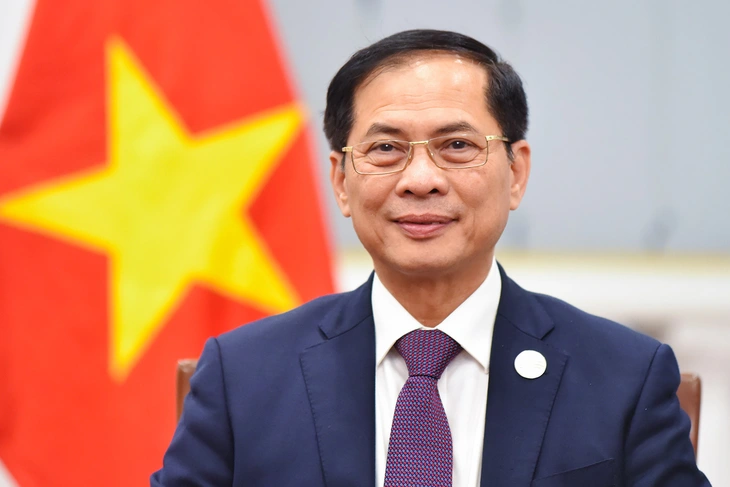
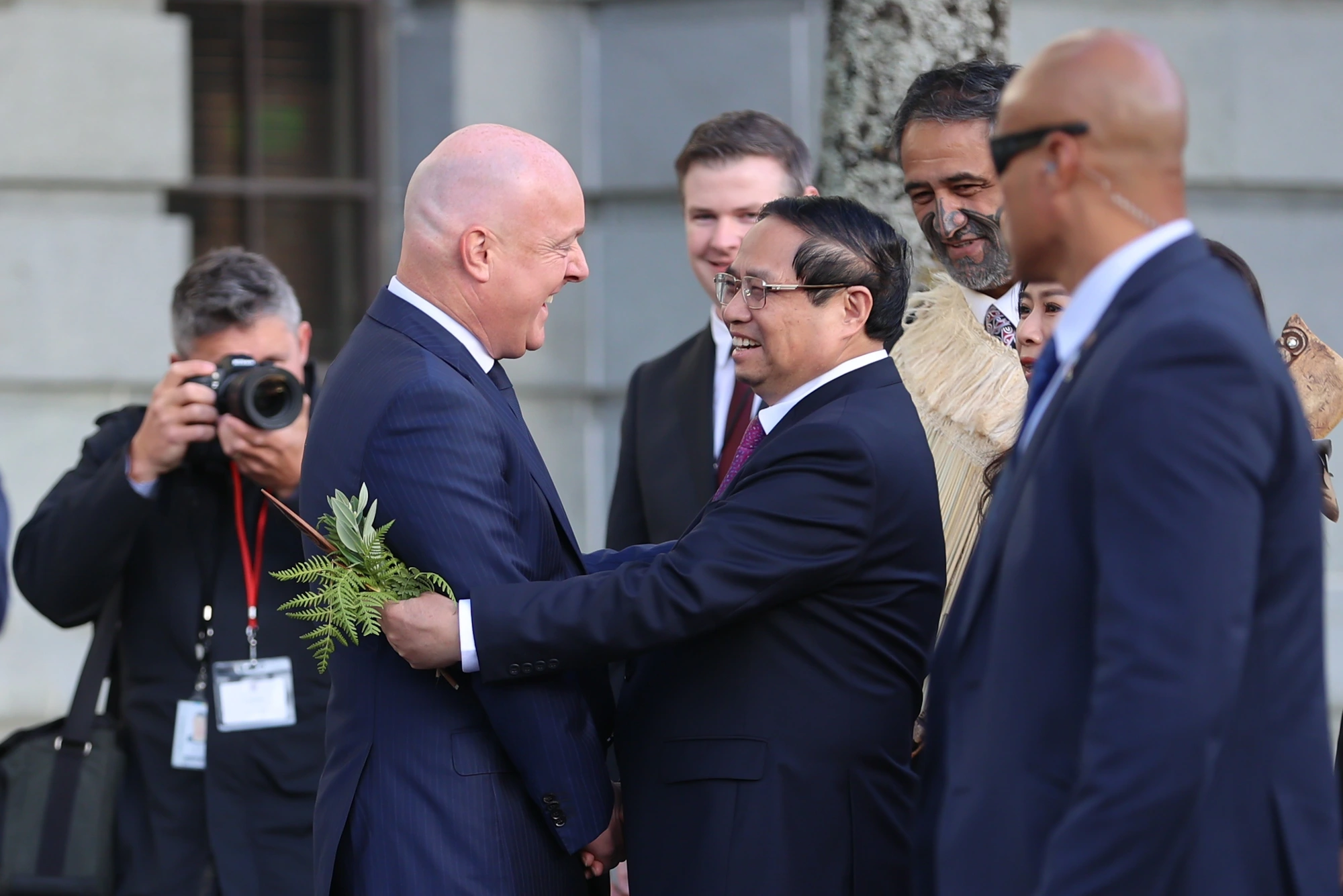
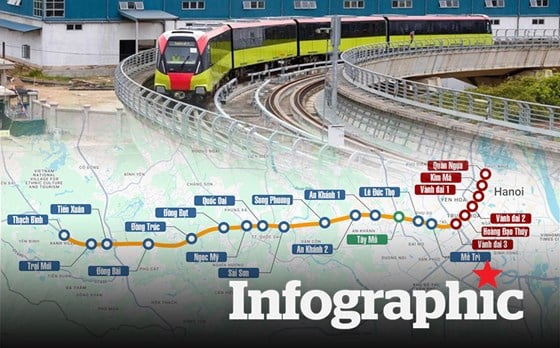
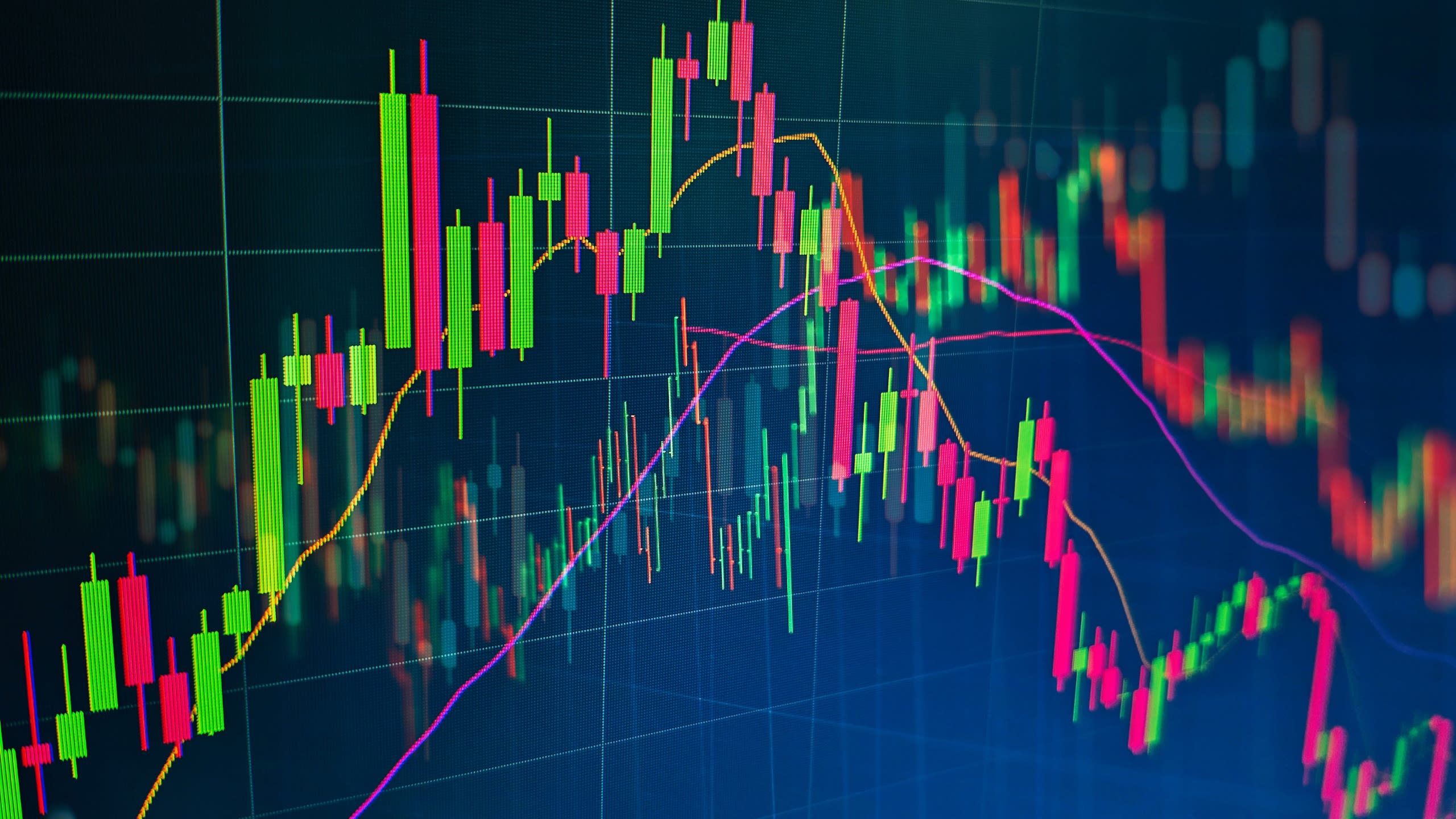

























Comment (0)